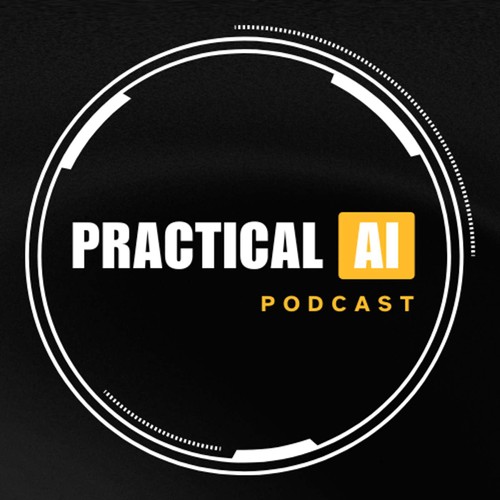
 Practical AI
Practical AI Creating tested, reliable AI applications
57 snips
Nov 13, 2024 Frustrated by AI's inconsistencies? Discover how to bridge the gap between prototype and production. Explore the challenges of unreliable code in interactive notebooks and learn about innovative testing strategies for robust AI applications. Dive into the latest AI trends and the rise of open-source solutions while uncovering how Timescale integrates with Postgres for seamless AI development. Don't miss the intriguing insights on cutting-edge sleep technology and its potential for improving REM sleep!
AI Snips
Chapters
Transcript
Episode notes
Open Source catching up
- Open-source models will likely catch up to leading commercial models.
- This could commoditize the AI model space.
Orchestration with Current Models
- Current AI models can orchestrate various AI tasks and tools.
- Focus on integrating existing AI capabilities into workflows.
AI Workflow Integration
- Many organizations haven't fully integrated AI into their workflows.
- Assess workflows and find areas where AI can improve productivity.
